A rare glimpse inside Idaho's Nez Perce tribe
- Text by Miss Rosen
- Photography by Hunter Barnes

For more than 11,500 years, the Nez Perce tribe have inhabited the Columbia River Plateau of the Pacific Northwest in lands that extend across what is now Idaho, Oregon, and Washington. Their name for themselves is Nimíipuu, which means ‘we, the people’.
‘Nez Percé’ comes from French interlopers who indiscriminately described many indigenous people as having the ‘pierced nose’ of the nearby Chinook tribe. The Nez Perce signed a treaty with the U.S. government to protect their rights and their land – one which Americans broke repeatedly, reducing the reservation to one-tenth of the agreed 7.5 million acres of land.
Today a federally recognised tribe, the Nez Perce number just 3,500 and live on reservations primarily in Idaho. In 2004, American photographer Hunter Barnes received an invitation to the Tamkaliks Powwow in Wallowa, Oregon, after a friend suggested he visit and see if it might be possible to document the tribe.
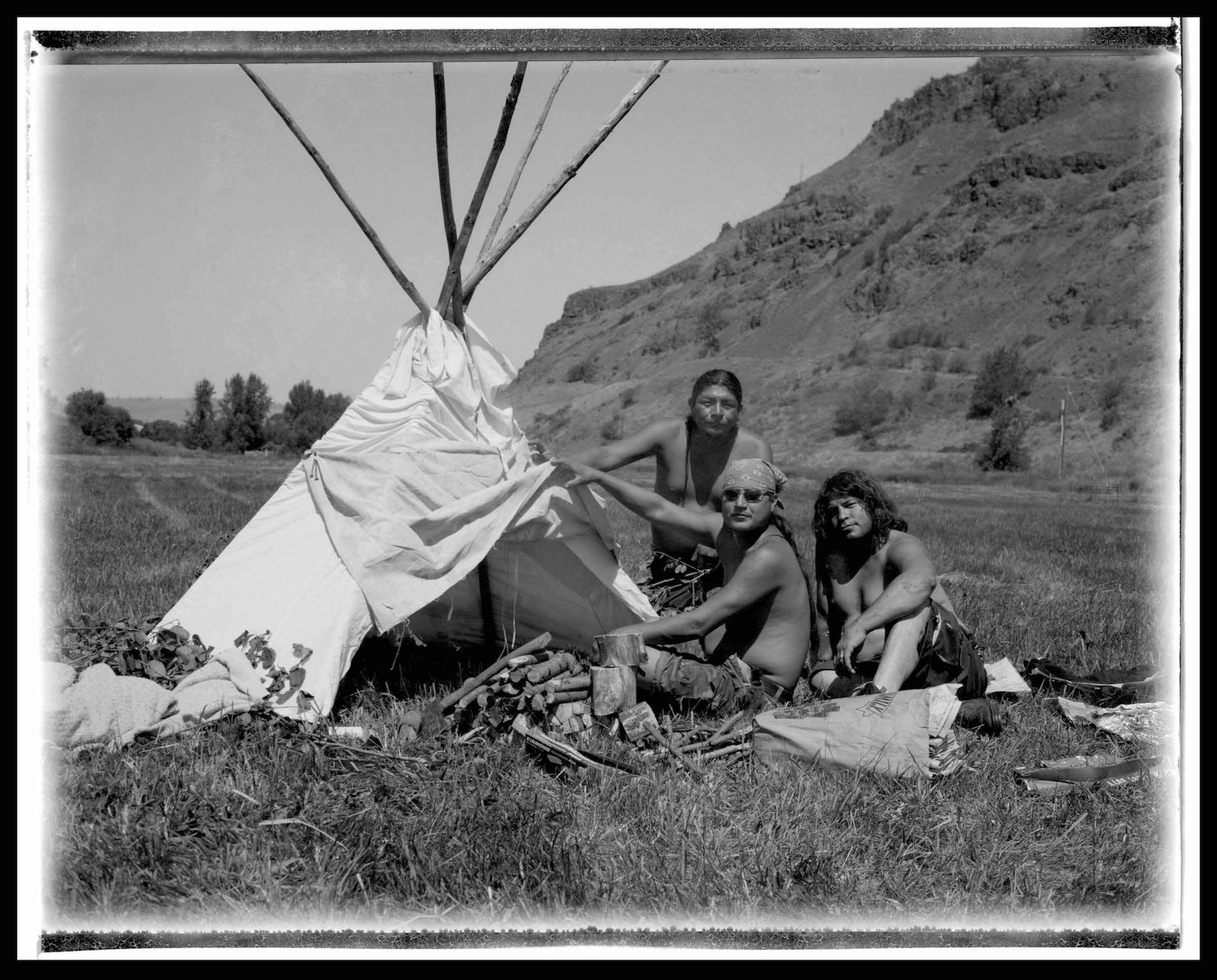
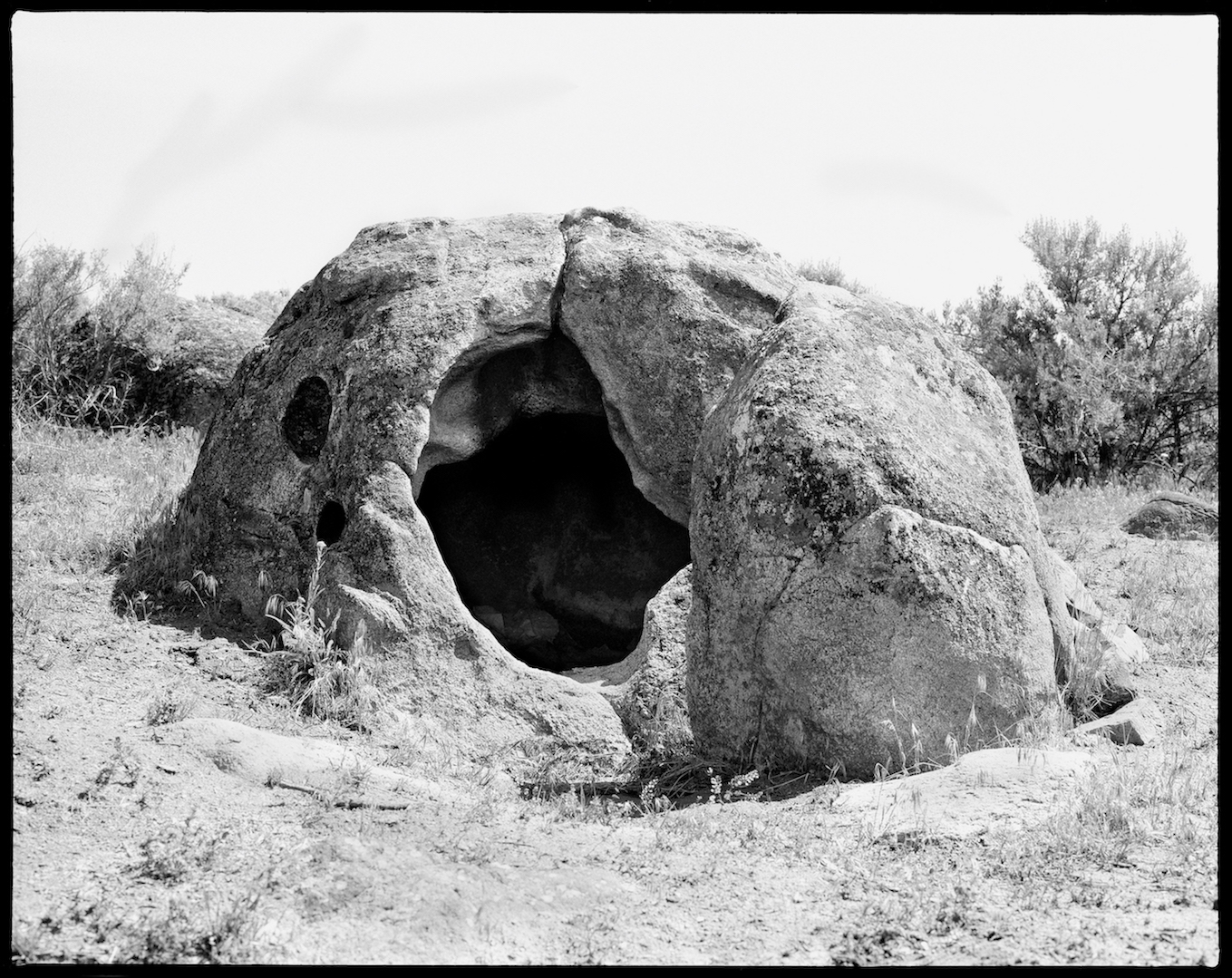
After arriving at the Powwow, Barnes met uncle Irving Waters – a well-respected member of the tribe – who invited him to camp out, then to stay with his family on the reserve. After some time, Barnes was brought to the Sweatlodge – a place few outsiders have ever been, let alone know exist – and was shown the ways of healing and health.
The tribe welcomed him into their ancient ways of life. Never one to rush into a project, Barnes understands the importance of developing relationships and mutual trust, preferring not to take photos until the time is right.
He remembers, “We talked about what I wanted to do but it wasn’t until one day after one of the rounds that they looked at me and said, ‘So when are you going to start taking pictures?’ and I said, ‘I guess now, because you asked.’”
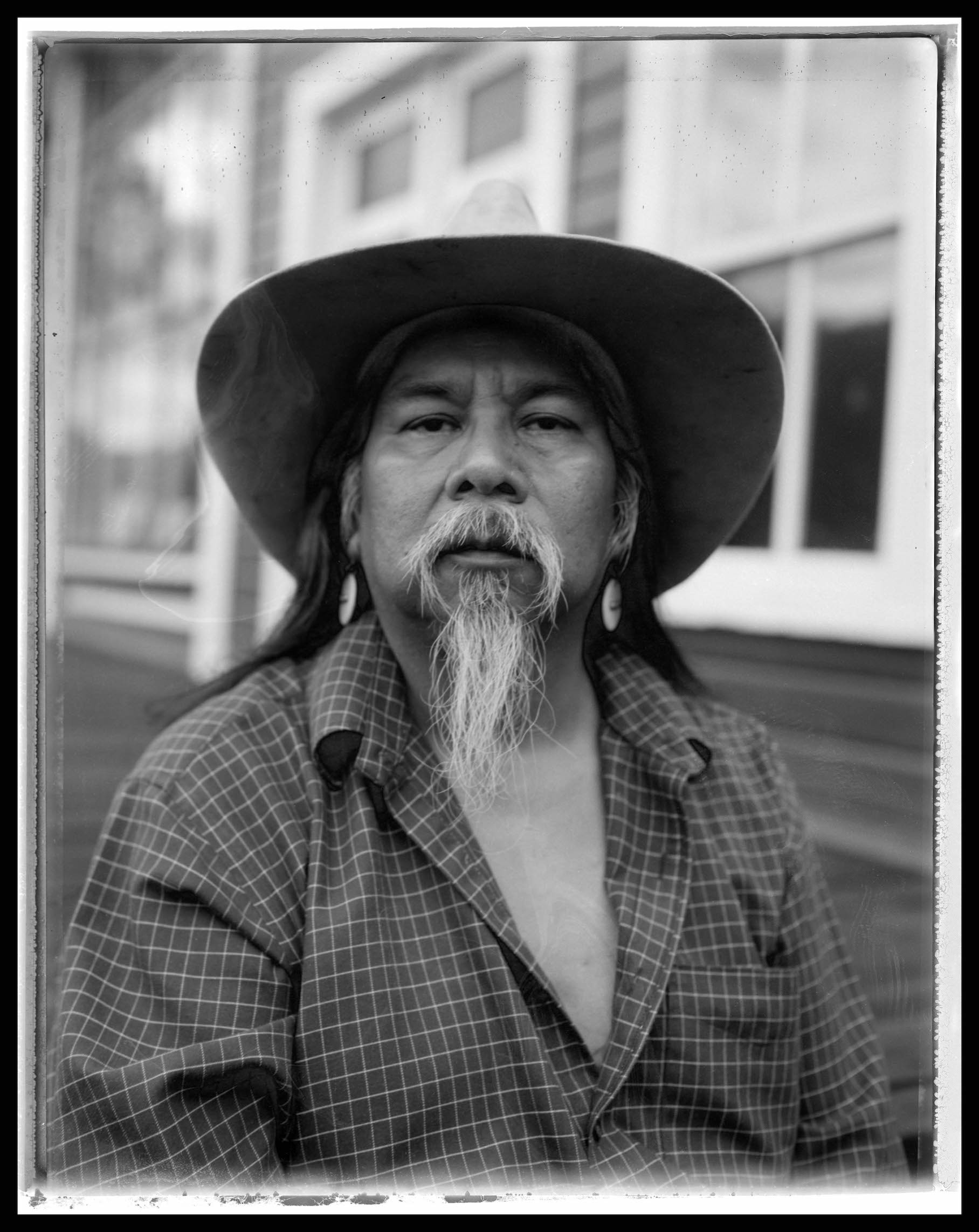
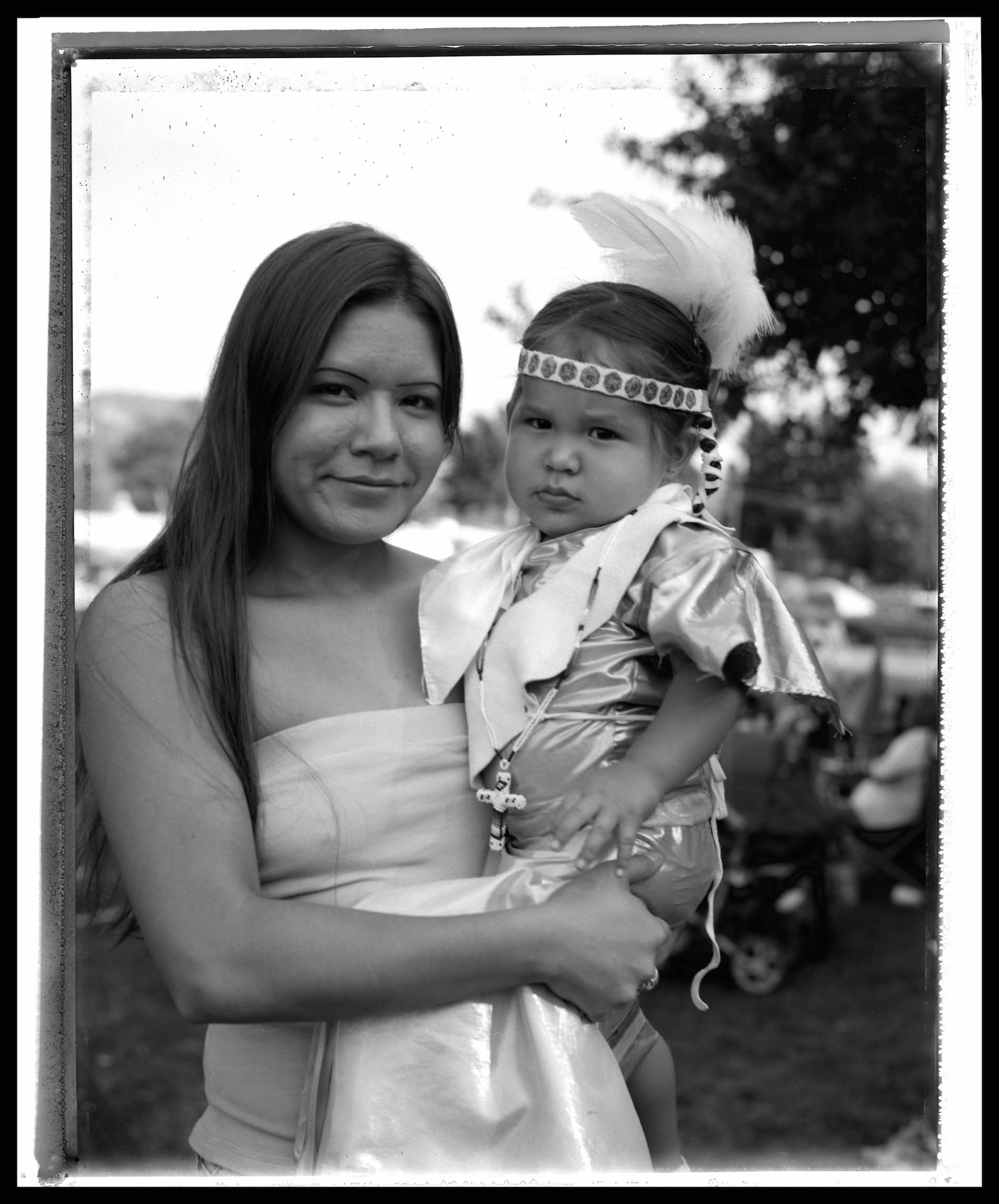
Over the next four years, Barnes would create a series of 56 photographs in Idaho, Oregon, and Washington documenting the Tamkaliks and Looking Glass Powwows, and the Lapwai and Confederated Tribes of Colville Reservations, which have just been collected for the new book, The People (Reel Art Press).
“I was told by the tribe I was the first to be invited to live with them and document their lives at home on the reservation since Edward S. Curtis,” Barnes says. “They took me in… that’s a big deal. They trusted me just to be there. There were a lot of barriers at first, but rightfully so.”
Living with Nez Perce on-and-off over the years changed Barnes’s life, imparting upon him the wisdom of listening from within. He remembers just as he finished printing the original series, a strange truck pulled up into his driveway. It was his friend Justin, from the reserve.
“Justin said, ‘I had a feeling I was supposed to come find you now,’” Barnes recalls. “I said, ‘I just finished printing these and have to give them out.’ Justin said, ‘Let me be your messenger. I think you learned something from us: Always use your telepathy.’”
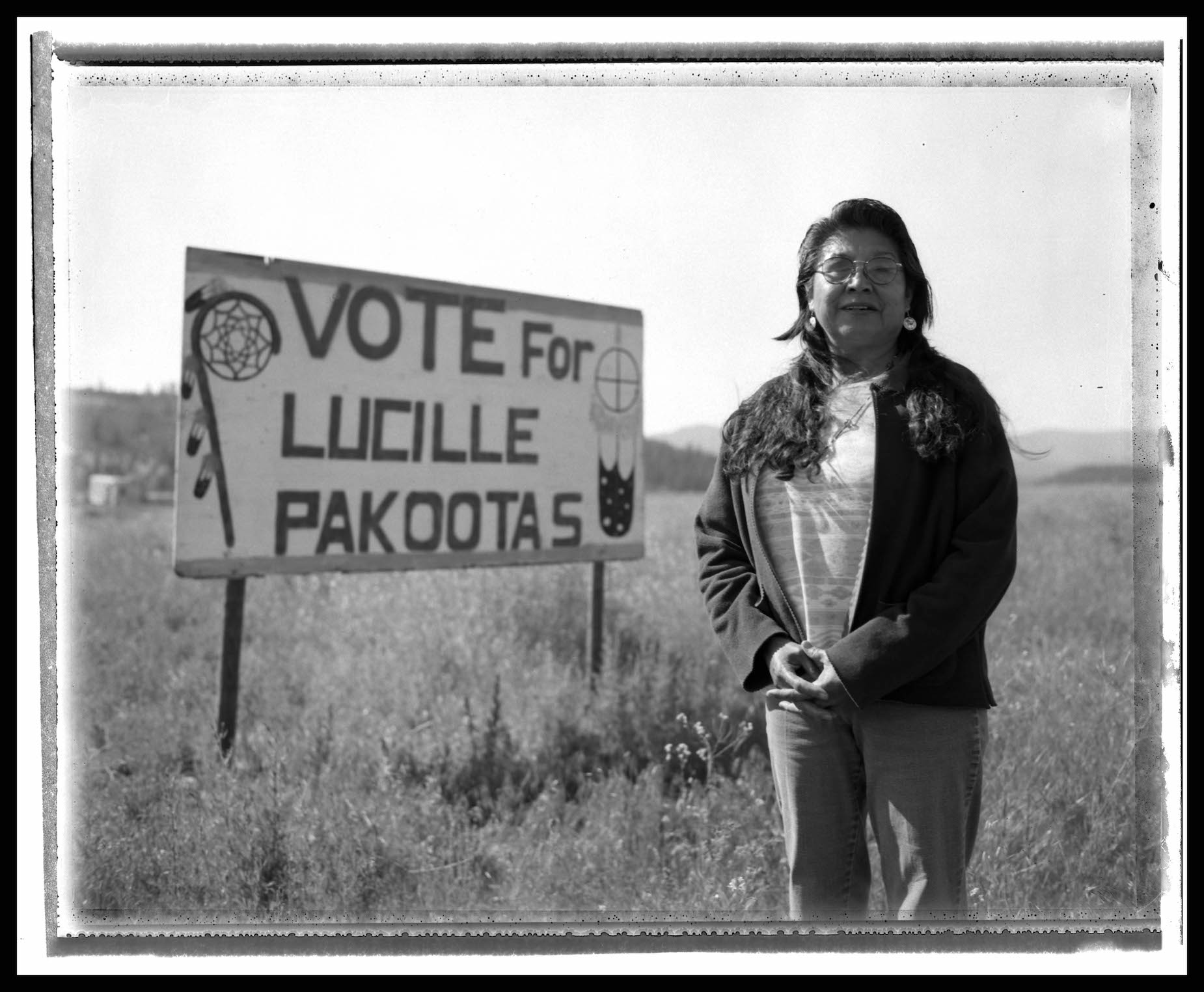
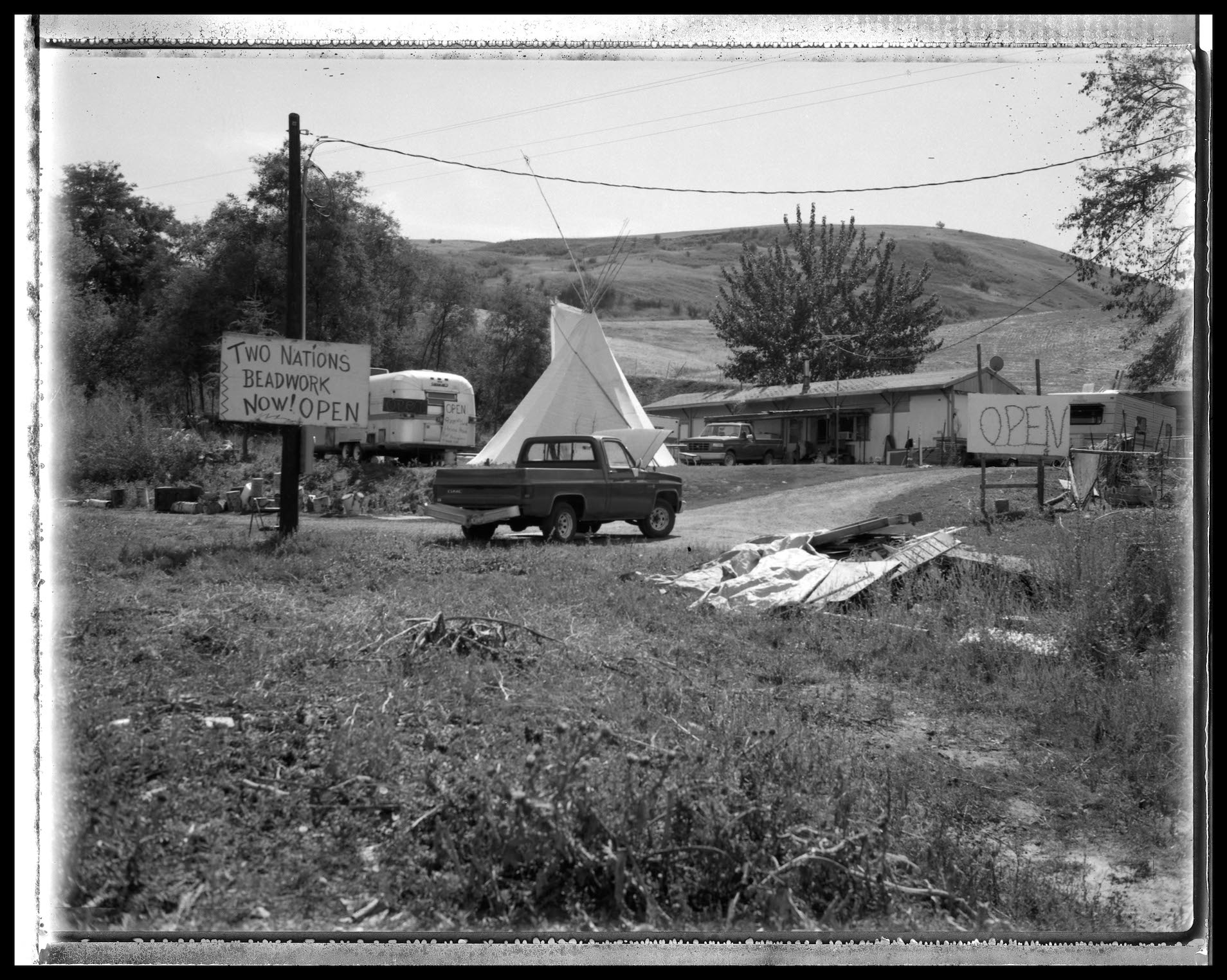
The People is out now on Reel Art Press.
Follow Miss Rosen on Twitter.
Enjoyed this article? Like Huck on Facebook or follow us on Twitter.
You might like

“Humanity’s big threat is our disconnect from nature”: Craig Richards and Chris Levine in conversation
Lighting up — With Houghton Festival collaborating with artist Chris Levine in its most recent edition, we sat down with the light artist and the festival’s creative director Craig Richards to chat about their new installations, and the role of art and music in tumultuous times.
Written by: Isaac Muk

Three heart wrenching poems from Gaza
Writings that narrate — With Gaza’s population facing starvation, we are handing over our website to Yahya Alhamarna, a displaced poet and student in Gaza, who shares some of his recent poetry, and explains why writing is so important to him.
Written by: Yahya Alhamarna

Throwback portraits of the UK’s first punks
Punks 1978-1980 — While working as a photographer in the army, Wayne “Spike” Large would moonlight as a punk on the weekends. His new photobook revisits the characters that he captured from the genre’s heyday.
Written by: Miss Rosen

Meet Lady Pink, the ‘First Lady’ of graffiti
Miss Subway NYC — As a leading writer and artist in a man’s world, Sandra Fabara has long been a trailblazer for girls in underground art. Now, her new show touches on her legacy, while looking to the future.
Written by: Isaac Muk

Will internet age verification actually work?
VPN Summer — With the Online Safety Act coming into force over the weekend, the UK woke up to find pornography, but also any content deemed “harmful” hidden behind an ID wall. But young people are far too tech savvy to be deterred, explains newsletter columnist Emma Garland, who also warns of the dangers of mass data harvesting.
Written by: Emma Garland

Love and rage at the record shattering London Trans+ Pride 2025
Dismantle the cis-tem — With over 100,000 attendees, the Saturday march was the largest trans pride event ever in world history. Cheer Up Luv’s Eliza Hatch captured the action, and recounts its powerful energy.
Written by: Eliza Hatch / @cheerupluv

